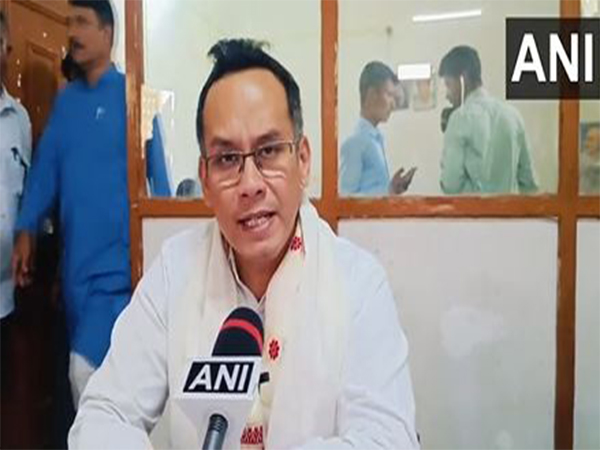Sindh minorities under constant fear of security, survival: Report
Mar 28, 2022

Islamabad [Pakistan], March 28 : Minorities in Pakistan's Sindh province are living in constant fear for their security and survival due to the psychological and socio-economic impact of hate speech.
The National Commission for Justice & Peace (NCJP), a mandated body of the Catholic Bishops' Conference, carried out the study, titled 'Hate Speech: A Subtle Discrimination! Trends of Religious Hate Speech in Sindh' reported that Christian, Hindu, Sikh, Shia and Ahmadi communities are under constant threat, reported The News International.
The study demanded that the state introduce monitoring, regulation and standardisation mechanisms for religious sermons, speeches and seminary curriculum, and enact a comprehensive policy on equality and non-discrimination.
"This evidence-based document serves as a tool to recognize the ignored hate speech and also examines the detrimental effects of hate speech on society," read the study's methodology section.
The study stated in its findings that hate speech is accepted as a norm in Pakistan, and one of its immediate effects is that people experience a loss of self-esteem, reported The News.
"With an increasing sense of inferiority in victims, they tend to isolate themselves, which further leads only towards the worsening of their mental health," the NCJP report pointed out.
Women are prone to hate speech in public areas, as being women in a male-dominant society makes them already vulnerable based on their gender, noted the study.
"Women belonging to religious minorities are recognised easily in public due to their traditional attire; for instance, Hindu women in Sindh usually wear Ghagra Choli, which is their traditional dress."
Calling names is generally observed in markets, and especially indecent names based on religious identity, reported The News.
The study also demanded the criminalisation of forced conversion in Sindh and asks political parties to pass the piece of legislation that was attempted in November 2016 in the provincial assembly but succumbed due to religious parties' pressure, reported The News.
It also demanded setting the legally valid age for marriage at 18 years across Pakistan for both boys and girls, and asks senior civil judges to ascertain the presence of free will, consent, the factual accuracy of age and the marital status of the parties involved.
The study also noted that discrimination is also practised in medical institutions, where medical assistance is denied to members of religious minorities solely due to their faith or belief, and no one is held accountable for such human rights violations.
When monitoring hate speech trends, one of the highlighted observations is that religious minority communities are lagging in economic growth due to continuously disturbed mental health, deliberate efforts against their promotions, the high dropout rate of minority students from educational institutes, lack of security and neglect by the country's decision-makers.
Religious minorities are channelled into economic lag through various methodical measures such as state-run departments running adverts in national newspapers that they only require someone from minority communities to fill vacancies of janitorial staff, noted the study.
"In addition, areas with minorities' population have been observed to have municipal issues, with deliberate ignorance from the authorities; for example, roads' construction is denied and drainage issues not addressed."
One prominent example of hindrance in collective development is Tharparkar, which is a remote and rural district of Sindh. It has a high volume of Hindu population, and similar areas with a mostly Hindu population, are neglected by the government with regards to development, reported The News.


















